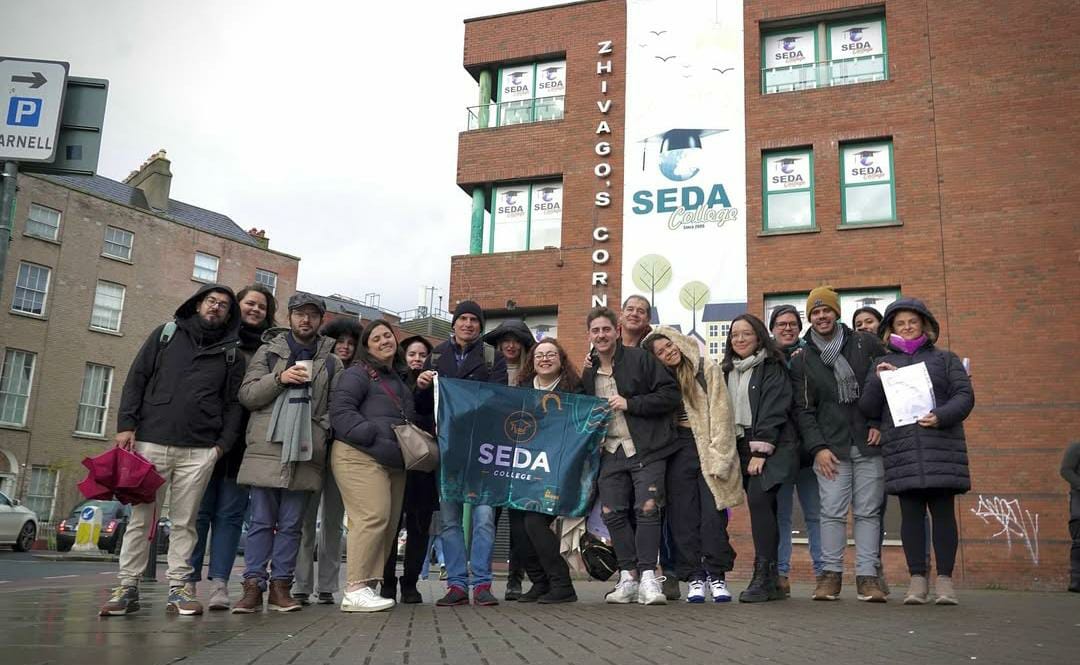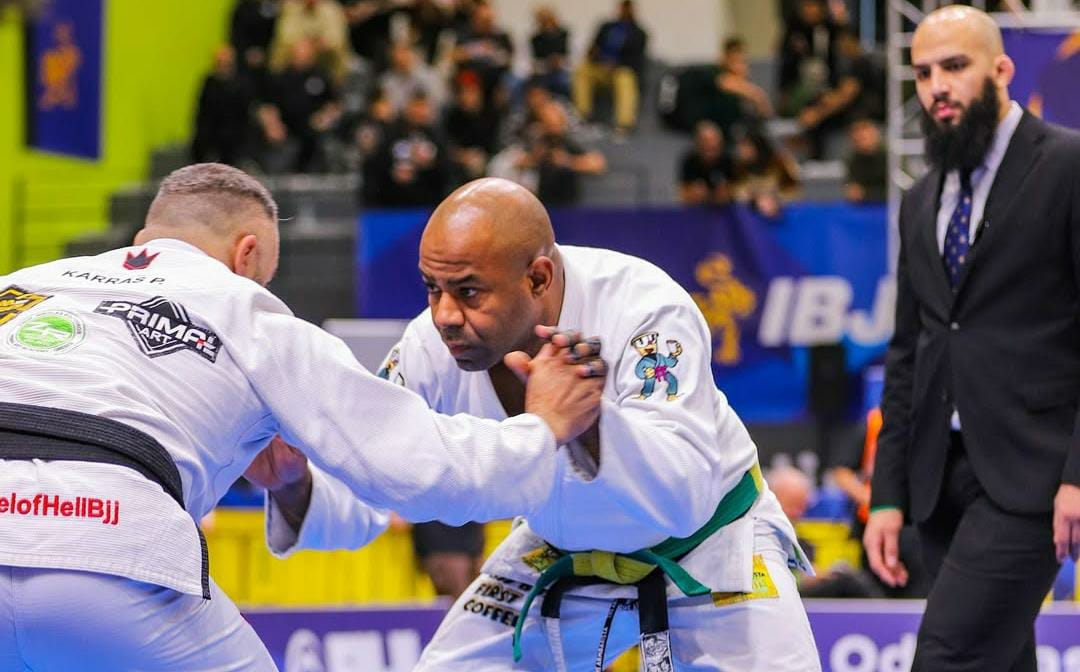In recent years, bilingual education has been gaining ground in Brazilian schools, especially in the private sector. As someone who has lived and works in a multicultural context, I realize that the debate surrounding this topic still needs to mature.
As a nation rich in diversity, Brazil deserves an educational system that truly prepares new generations for a globalized future.
However, to achieve this, we need to deeply rethink how bilingualism is implemented in our schools. And what we are seeing is that there is a long way to go before this becomes a reality.
Bilingualism as a tool for the future
We live in a world where the ability to communicate in more than one language is no longer a differential, but a necessity. English, Spanish, and even less common languages are becoming passports to academic and professional opportunities.
However, in many Brazilian schools, bilingual education is seen only as an attraction for parents concerned about their children’s future, and not as a robust educational strategy.
In this sense, bilingualism should be a tool for developing global citizens, not just an extra subject on the curriculum.
The challenge of accessibility and quality
One of the biggest challenges of bilingual education in Brazil is making it accessible to everyone, not just the economic elite. Currently, bilingualism in schools is almost exclusively a reality in the private sector.
Meanwhile, most public schools face difficulties even in offering quality education in the official language, Portuguese.
We need public policies that democratize language teaching, ensuring that all children, regardless of their background, have access to the same learning opportunities.
In addition, it is essential to ensure that bilingual education is provided with quality. Often, the model applied in schools is nothing more than language classes with extended workload.
For bilingualism to work, it is necessary to invest in the training of specialized teachers and in methodologies that integrate language learning with the development of skills in other areas, such as mathematics, science and history.
Valuing the mother tongue
Another point that concerns me is the risk of devaluing our own language. After all, Portuguese is one of the most widely spoken languages in the world, and our cultural wealth is deeply linked to it.
When rethinking bilingual education, we must be careful that it does not become an obstacle to mastering Portuguese.
We need to educate students who are fluent in English (or another language), but who also know how to express themselves clearly and profoundly in their mother tongue.
A more bilingual and inclusive future
Rethinking bilingual education in Brazilian schools is essential to creating a more egalitarian, prepared and globally connected society. This is an issue that requires collaboration between governments, educators, families and companies.
I believe that, with well-planned strategies, we can transform bilingualism into a right for all, and not just a privilege for a few.
This transformation begins with our reflection and, who knows, with a joint effort to change the current reality. Do you agree?




